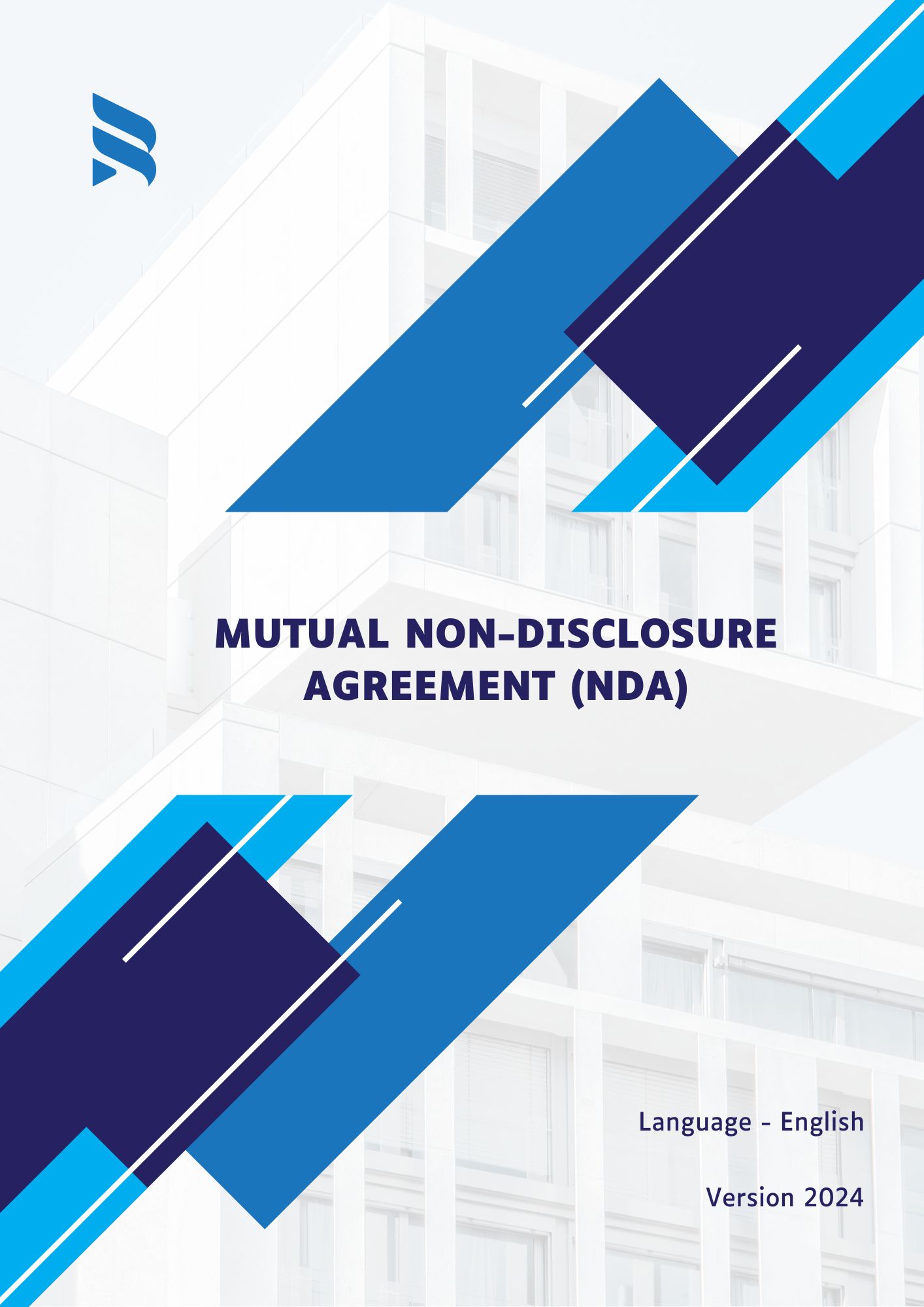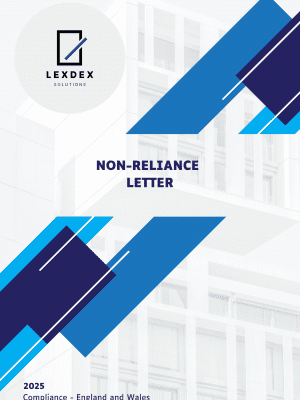Only logged in customers who have purchased this product may leave a review.
Mutual Non-Disclosure Agreement (NDA)
Original price was: £69.99.£29.99Current price is: £29.99.
A Mutual Non-Disclosure Agreement (NDA) template is a legal document that ensures confidentiality between two parties who wish to share sensitive information with each other for a specific purpose.
What it is:
The Mutual NDA is a contract that obligates both parties to protect confidential information shared between them from unauthorized disclosure or use. This agreement specifies what constitutes confidential information, the purpose of the disclosure, the obligations of each party to maintain secrecy, the duration of the confidentiality obligations, and any exclusions or exceptions to confidentiality. It is designed to ensure that both parties can freely exchange information without the risk of it being disclosed to third parties.
When it is used:
This template is used when two parties, such as businesses, potential partners, or collaborators, need to exchange confidential information for discussions or negotiations. Common situations include joint ventures, mergers and acquisitions, product development, or any scenario where proprietary information needs to be shared. The Mutual NDA is essential for protecting trade secrets, business plans, financial data, and other sensitive information during these interactions.
By whom:
The Mutual NDA is used by companies, entrepreneurs, inventors, and other individuals or entities who need to share confidential information with another party while ensuring that the information remains protected. It is particularly useful for businesses entering into negotiations, partnerships, or collaborations where mutual trust and confidentiality are paramount. Legal professionals often draft or review NDAs to ensure they are comprehensive and enforceable.
Legal base:
The legal basis for Mutual NDAs in the UK is primarily rooted in contract law and the common law duty of confidence. The enforceability of NDAs is supported by the principles outlined in the Contracts (Rights of Third Parties) Act 1999 and the Defend Trade Secrets Act 2016, which protect confidential business information and trade secrets. The agreement must meet the requirements of a valid contract, including offer, acceptance, consideration, and intention to create legal relations, to be enforceable.
Potential fines and situations when they may be imposed:
Breaching a Mutual NDA can result in legal action and significant financial penalties. If a party discloses or uses confidential information in violation of the agreement, they may be liable for damages, including any financial losses suffered by the non-breaching party. Courts may also issue injunctions to prevent further unauthorized use or disclosure of the information. Ensuring compliance with the terms of the Mutual NDA is crucial to avoid these legal and financial consequences.
Using a Mutual Non-Disclosure Agreement template provides both parties with a clear, legally binding contract that safeguards confidential information, enabling them to collaborate or negotiate with confidence and security.
The Mutual Non-Disclosure Agreement (NDA) template serves as a flexible form applicable across various situations. Delivered in Microsoft Word, it is crafted in straightforward language for effortless utilization and modification.










Reviews
There are no reviews yet.